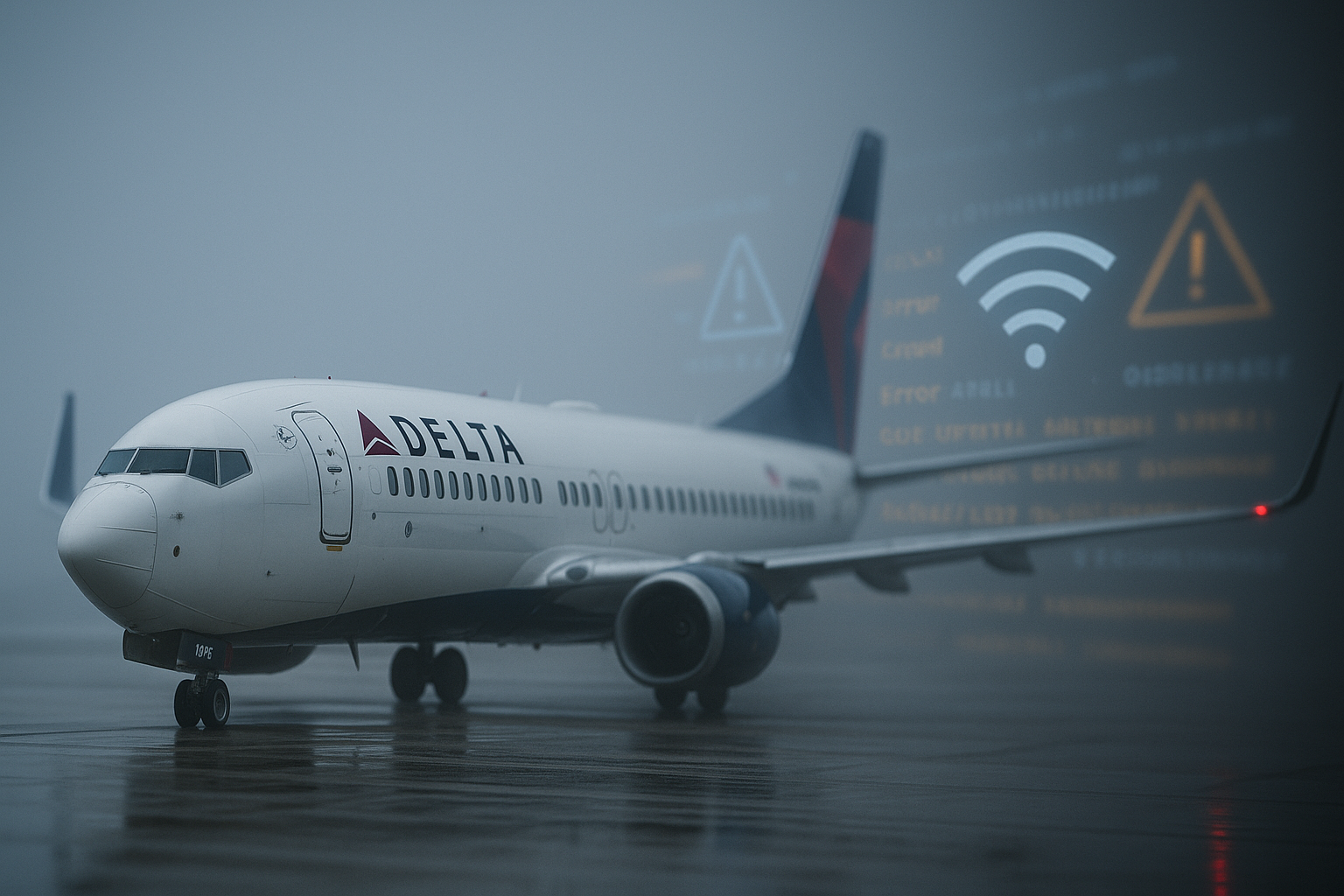Delta Sues Microsoft and CrowdStrike Over July Tech Outage
Delta Air Lines has filed a high-profile lawsuit against Microsoft and cybersecurity firm CrowdStrike following a massive global outage in July 2025 that grounded hundreds of flights and disrupted operations across multiple industries. The airline claims that the two tech giants were negligent in releasing and deploying faulty updates, leading to unprecedented logistical chaos and financial losses.
The outage, which lasted for several hours, was traced back to a corrupted software patch issued by CrowdStrike as part of its Falcon cybersecurity platform. Microsoft’s infrastructure propagated the flawed update across systems worldwide, triggering system crashes, frozen terminals, and airport chaos. Airlines, banks, and hospitals were among the hardest-hit sectors.
Delta’s lawsuit, filed in a federal district court in Georgia, alleges that Microsoft and CrowdStrike failed to properly test the update and did not implement adequate fail-safes before distribution. The complaint argues that this negligence not only caused substantial delays and revenue loss, but also endangered passenger safety by disrupting flight tracking, boarding, and communications.
According to Delta, the outage forced it to cancel or delay more than 1,500 flights, costing the airline tens of millions of dollars. The suit seeks compensatory damages and punitive penalties to hold both tech companies accountable for the ripple effects of their oversight.
Legal experts say Delta may face challenges proving direct negligence, especially given the complexity of global IT infrastructure. However, the case has already sparked discussions about the liability of software vendors in an increasingly interconnected world.
While both Microsoft and CrowdStrike issued public apologies and have since released updates to prevent similar incidents, neither company has commented directly on the lawsuit. CrowdStrike’s CEO has acknowledged the error in the code but emphasized that its core platform was not compromised.
Technology lawyers are watching this case closely, as it could set precedent for future lawsuits involving SaaS (Software as a Service) providers and cybersecurity vendors. If Delta prevails, companies may face increased legal exposure for system-wide failures, even if unintended.
This lawsuit also highlights the fragile dependency that major industries have on a few tech vendors, raising questions about centralized risk and the need for diversified safeguards. Delta’s legal team argues that the stakes go beyond one airline’s losses—pointing to a systemic issue that affects national infrastructure.
For passengers affected by the outage, the lawsuit offers a glimpse into how digital errors can cascade into real-world disruptions. It also reinforces the growing public expectation that tech companies must be held to account when their mistakes upend essential services.
Whether or not Delta succeeds, the case underscores an urgent need for stronger oversight, testing protocols, and transparency in enterprise software updates that touch critical infrastructure.



